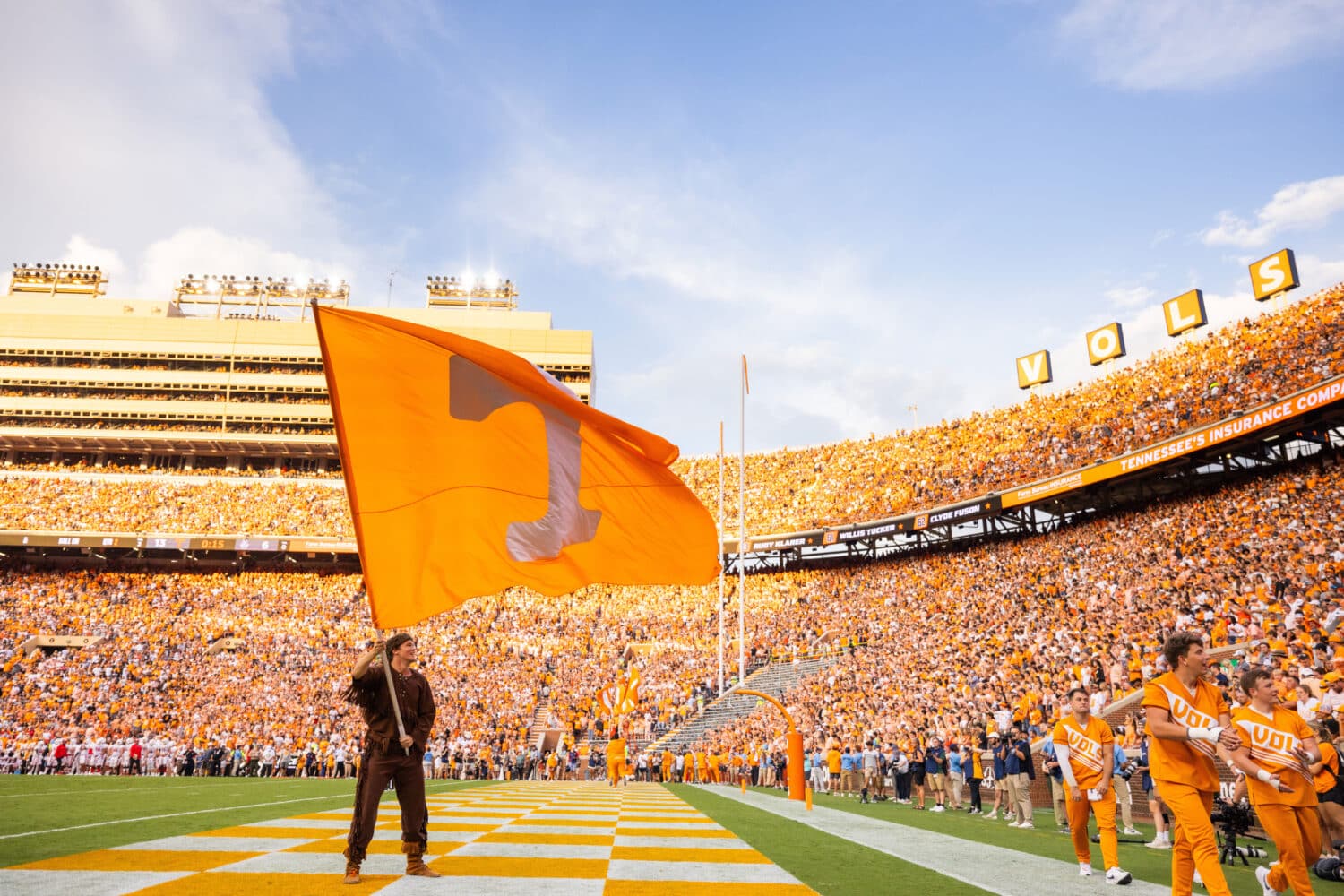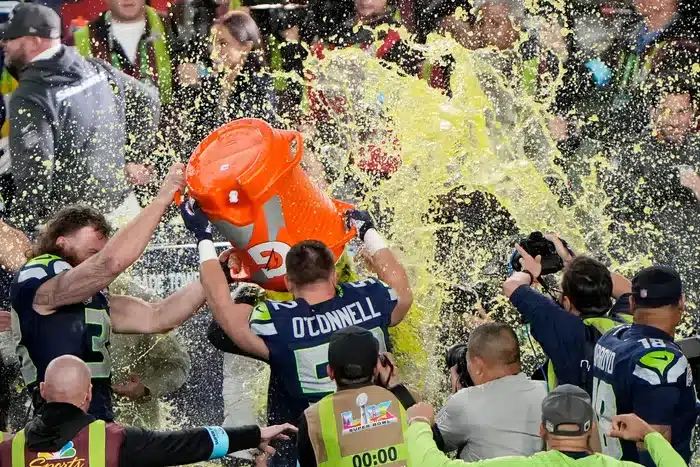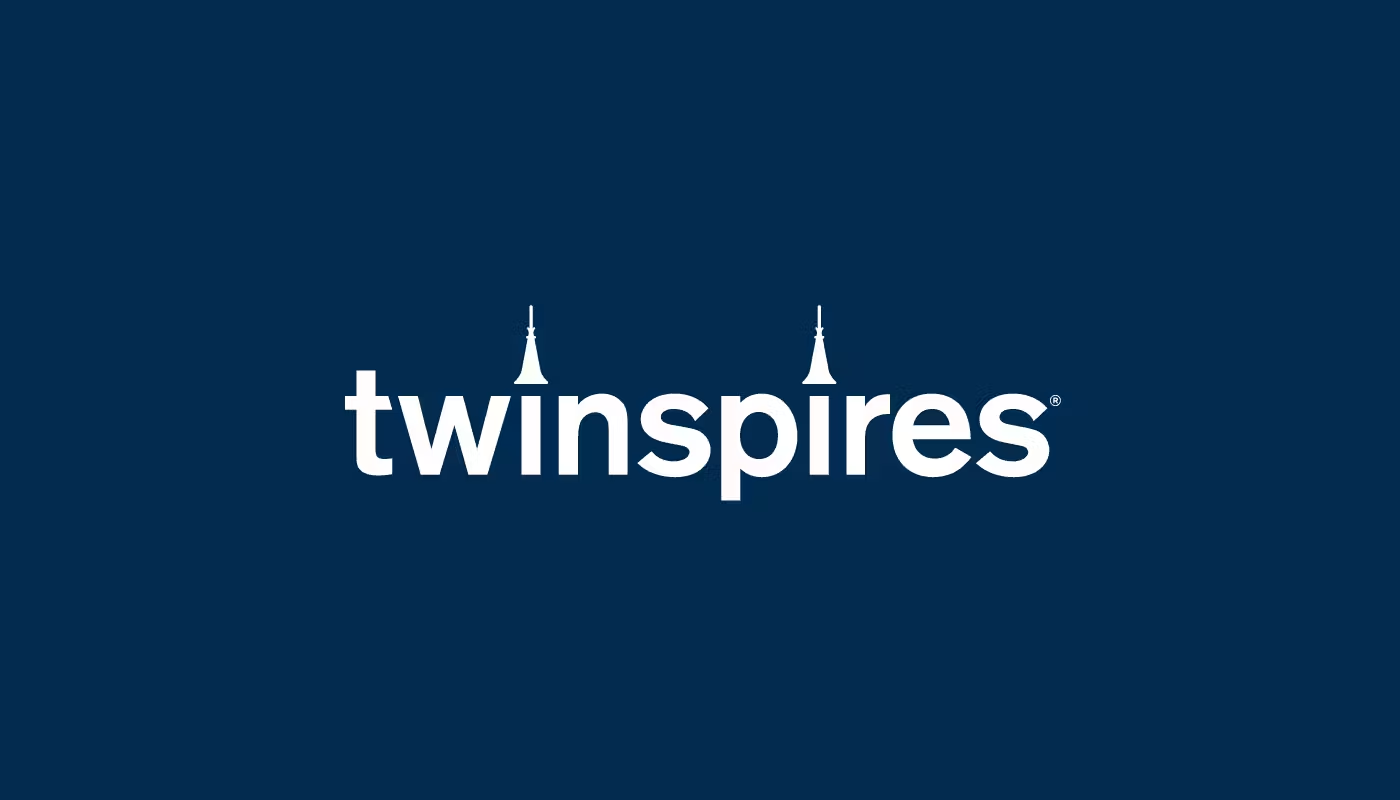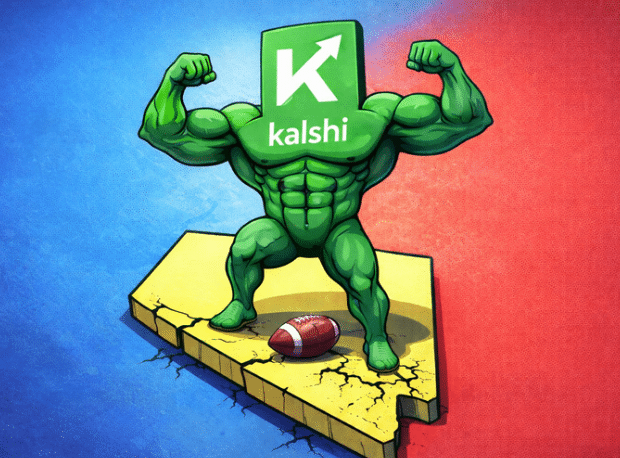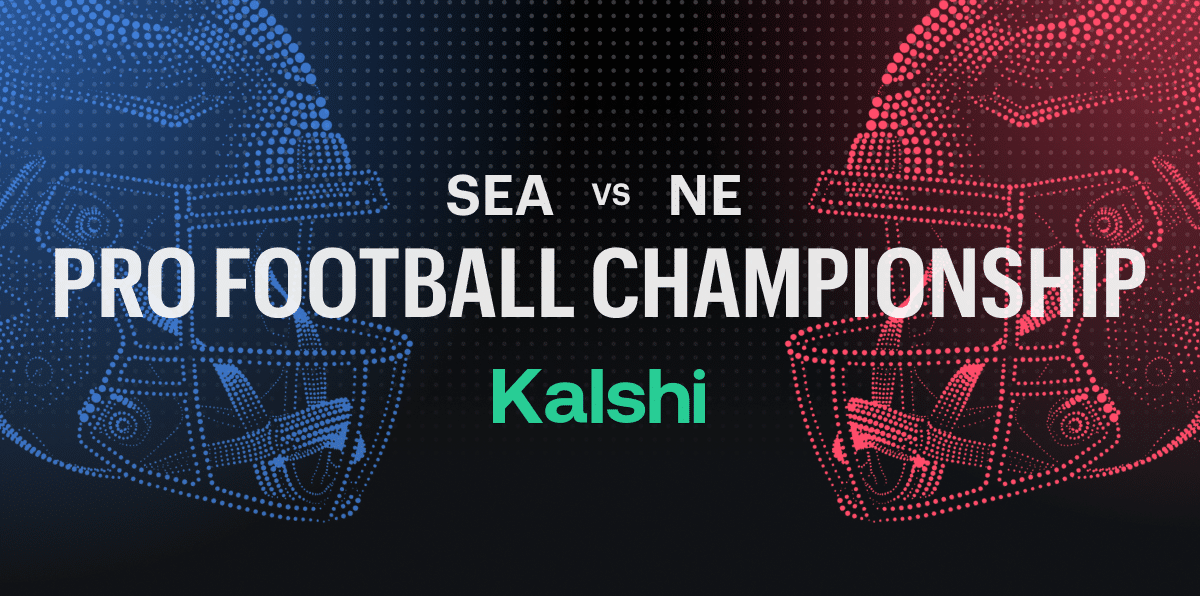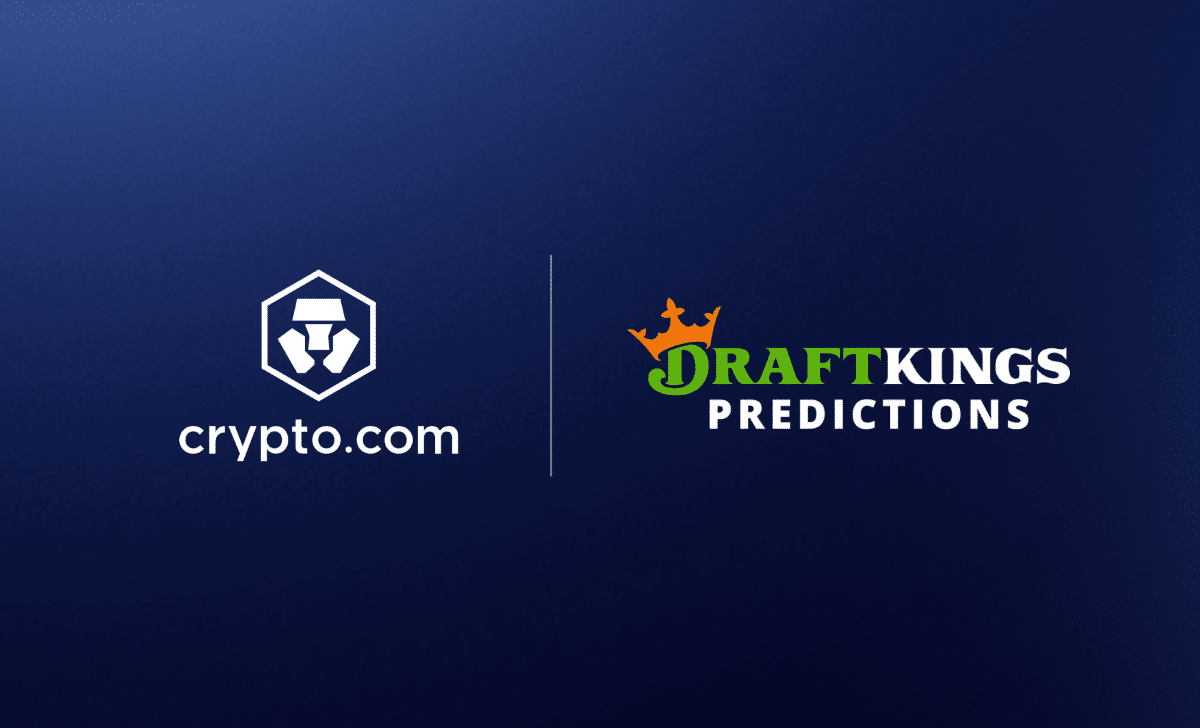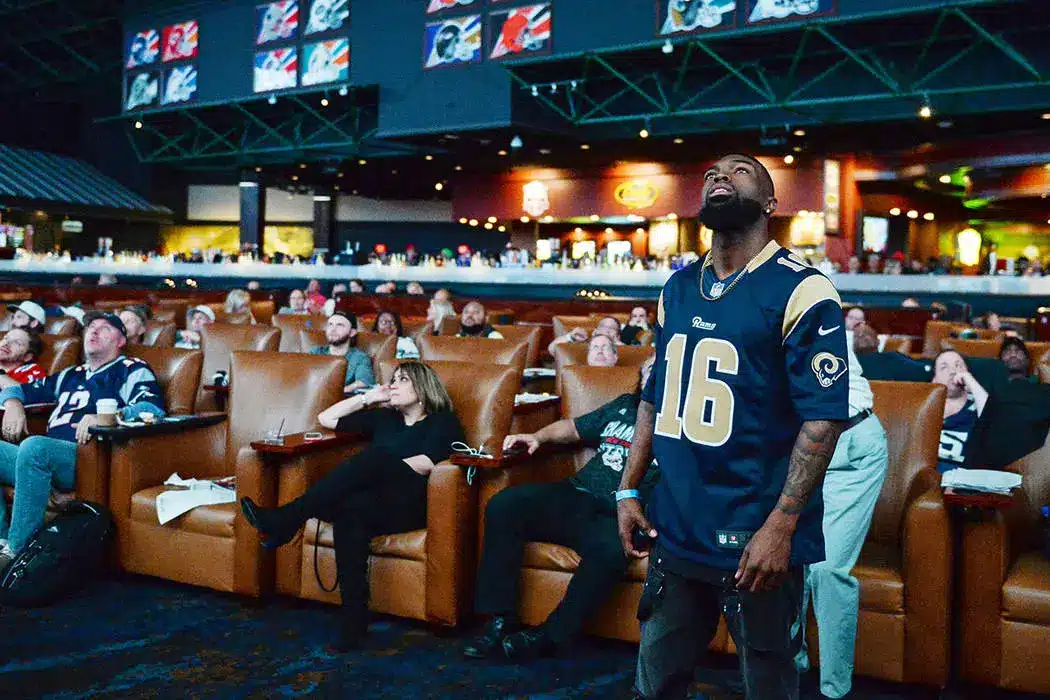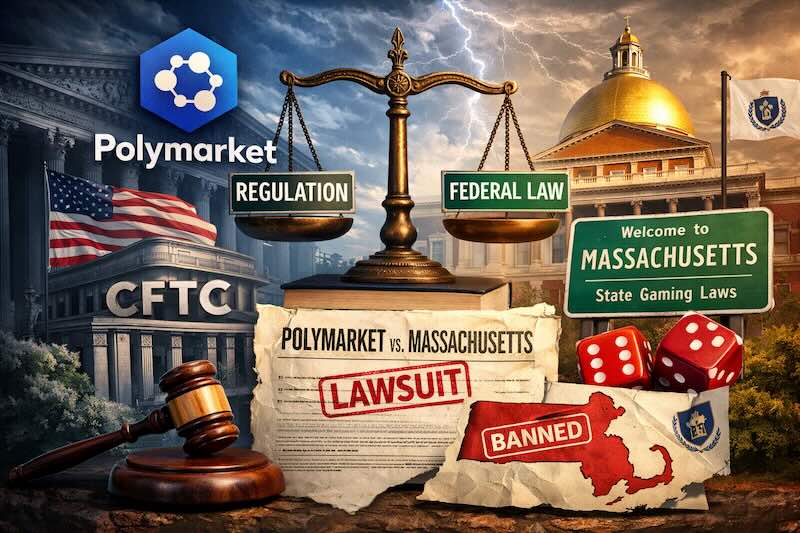
A Shared Responsibility
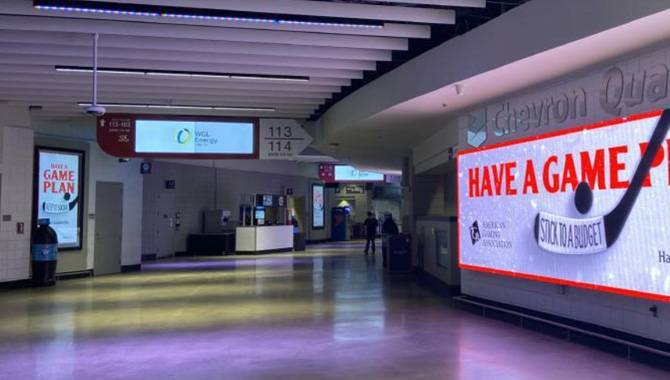
The legalizing of sports betting in May 2018 came as a great boost to the US gambling industry. After years of legislation, PASPA was finally overturned, and it’s been a free-for-all ever since, for operators and suppliers to gain market share, and for states to capitalize on the guaranteed revenue increases that legalization has undoubtedly brought. Since May 2018, sports betting is now legal in 22 states and the District of Columbia, with at least a further six states that have active legislation.
Since the period PASPA was overturned up until August this year, it was estimated that Americans legally wagered more than $25bn on sports betting, generating $231m in tax revenue to state and local governments. To further demonstrate the popularity and appetite among players in the US for sports betting, research by the American Gaming Association (AGA) predicted approximately 13% of American adults plan to bet on NFL games during the 2020 season. The US gambling industry body believes 33.2m adults will bet during the season, including 6.6m at physical, legal sportsbooks, which is a 2% rise on 2019, with 11.3m to place a bet through legal and illegal online platforms.
There’s no doubting that sports betting has been extremely well received by both Americans and the gaming industry in general in the US. But of course, greater exposure of the vertical reinforces the need for responsible gaming education. With sports betting in its infancy, the public needs to be more informed of the risks and availability of it, while operators and suppliers must adhere to marketing codes and regulations to make sure the sports betting environment is as safe and enjoyable as possible.
And that’s where the AGA has stepped up its focus within the past year. Its responsible gambling mission includes the launch of public service campaign, Have a Game Plan, Bet Responsibly. Announced in March, the sports betting advertisement campaign is designed to educate fans and consumers about sports betting practices by launching live at the Capital One Arena in Washington, DC, and the T-Mobile Arena in Las Vegas. The campaign focuses on four key tenets: setting a budget and sticking to it, keeping it social, being informed and playing with regulated operators, with these responsible gaming messages promoted around the sports venues.
Another of the Association’s key commitments, is its Responsible Marketing Code for Sports Wagering, which was released a year after PASPA was overturned, in May last year. The code includes self-imposed sports betting advertisement restrictions on target audiences, outlets and materials branding, while including responsible gaming in marketing activities.
The code applies to both AGA members and non-members in the regulated sports betting ecosystem.
AGA senior director, strategic communications and responsibility Cait DeBaun, spoke to Gaming America about the AGA’s responsible gambling commitments, and touched upon the importance of the message. She also mentioned how lessons can be learned from other markets, such as the UK, that have also been ramping up its own advertisement restrictions after much criticism from parliamentary groups, and operator fines for not adhering to measures aimed at preventing the overexposure of gambling messaging to young and vulnerable people.
“It’s very important to establish a high standard for sports betting marketing and advertisement,” DeBaun explains. “We learned from what happened in more mature markets around sports betting advertising and that’s why we wanted to get ahead of it with the sports betting marketing code. We spent a lot of time priming the market for legalization well ahead of the Supreme Court decision here in the US, and now it’s about market protection and how we can ensure that the success continues and responsible gaming and advertising is at the core to making that happen.
“Our members and the broader industry are using this standard to ensure that we get ahead of it by self-regulation and transparency. The process allows anyone to submit a complaint on our website, which will then be sent to the advertiser in question who can respond. If that response isn’t deemed sufficient, the complaint is sent back to our Code Compliance Review Board to determine if the operator or advertiser in question is not within the means of the code. Then the decision is published on the website.”
In other words, the transparency is there and it openly reflects on the advertiser in question, regardless of how negatively or positively they are abiding by the code.
“Our members are committed to instilling responsibility across every part of their daily operations and our expectation is that this code raises the bar for the broader sports betting community,” she adds.
The rise of sports betting and indeed gaming in general in the US has been meteoric. The industry has vastly expanded in the past 25 years, reaching a point where casino gaming is offered in 44 states, in various formats. That again proves the need for the continuation of responsible gaming education, especially when you consider the reach sports betting now has in the country, at a time where all four major US sports leagues took place during the month of September, an unprecedented occurrence.
As DeBaun reiterates: “At the AGA, we’re particularly focused on ensuring that the industry’s responsible gaming commitment grows in unison with the expansion of legal sports betting. It’s tremendous what we’ve seen in terms of growth. More Americans than ever are accessing regulated legal sports betting options. In fact it’s to the point where four in 10 Americans live in states that offer legal sports betting, which in the US is impressive over two years, I don’t think there’s any other issue that has been as rapid as this has.
“The NBA, NHL, NFL and MLB, as well as NASCAR and other great sporting events, have taken place recently, so there’s been a lot of options for sports betting and it’s important that the industry and the broader sports betting ecosystem encourages safe gambling behavior.”
As with the AGA’s Have a Game Plan campaign, the focus is to reach fans who engage with sports wagering, using digital opportunities to get the message across now that fans are restricted in sports venues as a result of the COVID-19 pandemic. The only way the message will work is having sports teams and leagues embrace and promote the message, something DeBaun says has been the focus, and is on the way to being achieved. That was after NASCAR became the campaign’s first professional sports league partner, with the auto car racing sanctioning body teaming up to educate its fans on responsible sports betting in September. An important milestone, in pulling players into the regulated market.
She said: “During September’s Responsible Gaming Education Week, we saw the industry fully embrace Have a Game Plan, looking at gaming properties that have put signage and materials in their brick-and-mortar facilities or seeing the message carry on social media or directly to consumers.
“We need the full sports betting ecosystem – teams, leagues, media – to really embrace the shared responsibility, which is something NASCAR has done from day one. It’s a priority in their gaming strategy and we’re excited to see the campaign roll out directly to their audience, engaging fans to know when to bet responsibly.
“We’re really focused on expanding and are hopeful to have more announcements with teams and leagues who understand that responsibility is shared across the sports betting ecosystem.
“First and foremost we have a responsibility with our customers. We want to make sure that sports betting remains fun for fans to engage with their favorite teams and leagues, but it’s also about protecting the opportunity for gaming in sports.
“I think there’s both a shared social responsibility here but also an economic opportunity that we all need to realize will be protected by front-footed initiatives like Have a Game Plan.
“Specific to sports betting, in part because it’s a new market in the US, consumers still remain confused about online betting options, who’s a legal sportsbook, and who’s not part of that has to do with the deceptive nature of how offshore operators market themselves. If we were to get sports bettors into the legal market, advertising is essential. It’s going to help educate customers about their options in the regulated legal market. That said, we know what can happen when advertising is not regulated, as those familiar with the European market would be aware of.”
It’s no secret how gambling is viewed in other countries, particularly in Europe. Political pandering has fueled the fire and led to critics calling for restrictive measures to prevent gambling harms and problem gambling, particularly in the UK, despite the industry clamping down on advertising laws and VIP schemes.
But what about in the US? DeBaun believes players are embracing the safer gambling messages and are less likely to bet irresponsibly now the message is out there. She points to AGA research, which shows that nine in 10 casual bettors set a budget before visiting a casino and 90% of them successfully track their spending. Despite this, she still believes there’s always room for improvement in terms of getting a clear message to customers.
Gambling in the US is seemingly more widely received among the public compared to its European counterparts.
More people in the US now view the industry as a responsible job creator and community partner, as DeBaun explains. “Last year, nearly 50% of adults reported viewing the gaming industry favorably, which is a record for the industry,” she said. “We’ve done this research into casinos and communities in Louisiana, Mississippi and Maryland. We talked to the people who are engaged with the gaming community, whether it’s the Boys and Girls club, or small businesses. You can really tell the impact the gaming industry has on the communities where we operate.
“That’s what the gaming industry means to local communities. It’s not just the jobs you see when you’re on the casino floor. There’s a whole host of jobs throughout the casino property, but also folks employed in small businesses, whether it’s the flower shops or cleaning companies that have built successful companies because of their relationship with gaming. That’s truly who we are and how Americans see us as well.
“I think one of the differences between the UK market and the US market, is that the US market operators and suppliers in the gaming industry have a united champion with groups such as the AGA where we can present a common voice, and tackle issues such as responsible gaming as a collective gaming industry, which might not be as strong in other markets we’re seeing. Here we’re united in focusing on these issues and addressing them in more of a front-footed manner.”
Despite the challenges faced during the COVID-19 pandemic, it appears as if promoting the responsible gaming message is very much on the right track in the US, especially when it comes to the newly legalized sports betting market. More importantly, stakeholders are willing to get on board with promoting the message to keep gambling fun and safe, which points to positive signs for growth as we head into the future.
Tags/Keywords
Players trust our reporting due to our commitment to unbiased and professional evaluations of the iGaming sector. We track hundreds of platforms and industry updates daily to ensure our news feed and leaderboards reflect the most recent market shifts. With nearly two decades of experience within iGaming, our team provides a wealth of expert knowledge. This long-standing expertise enables us to deliver thorough, reliable news and guidance to our readers.
